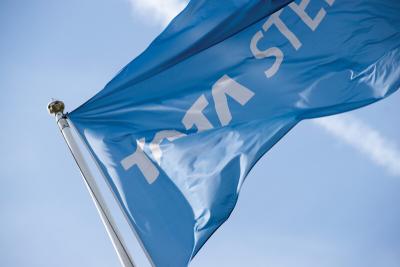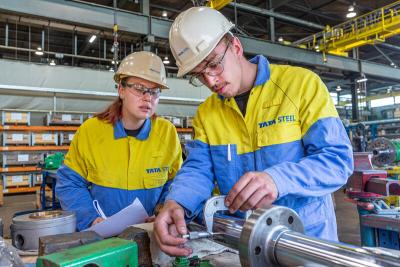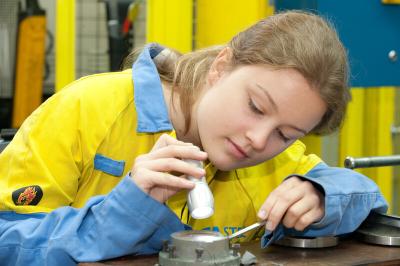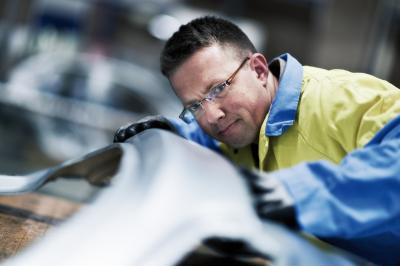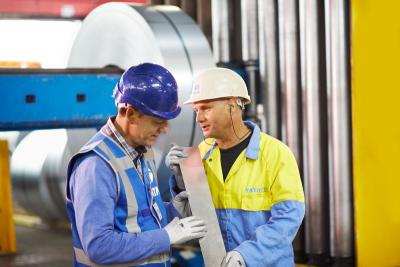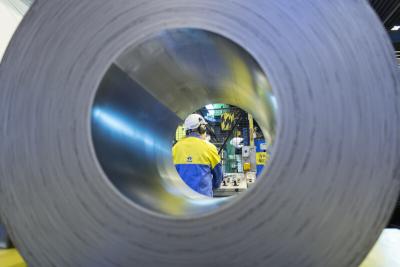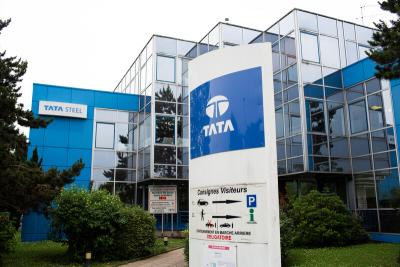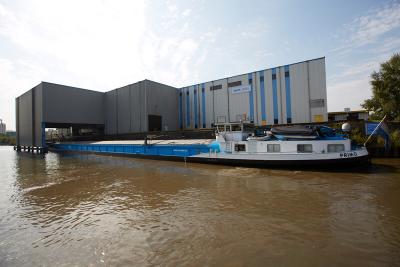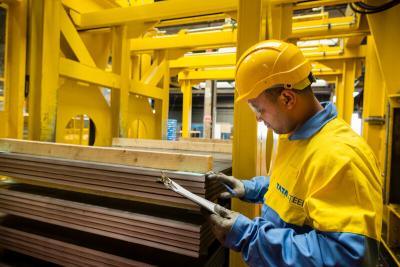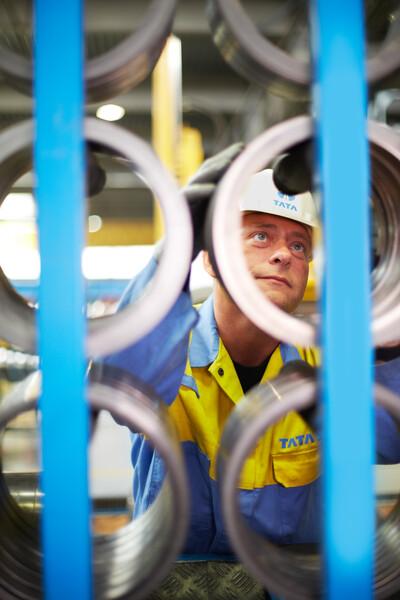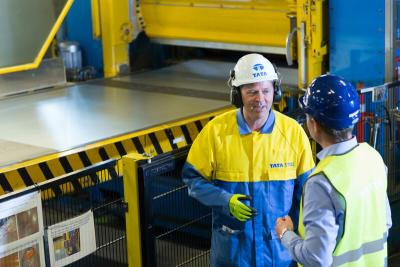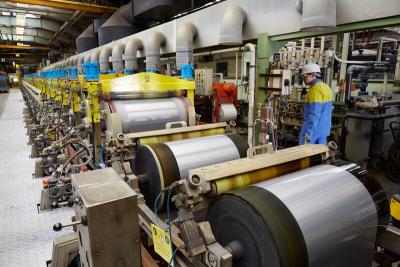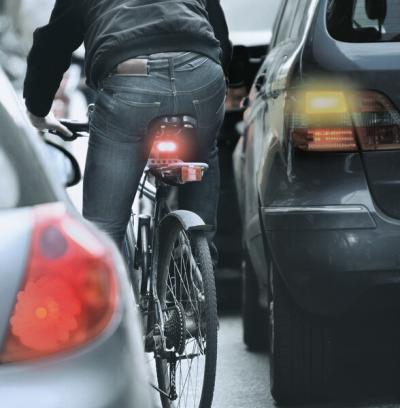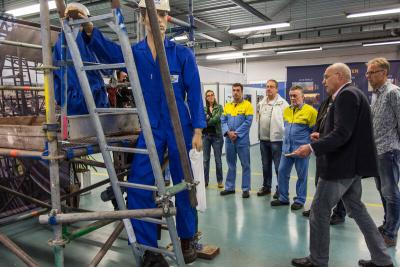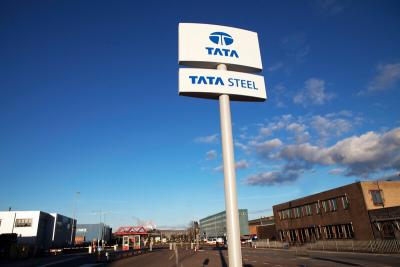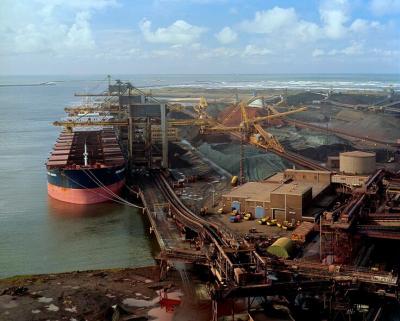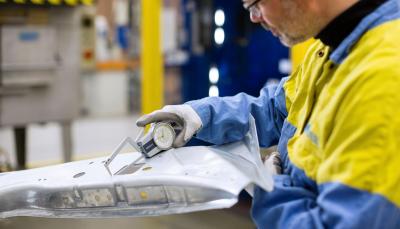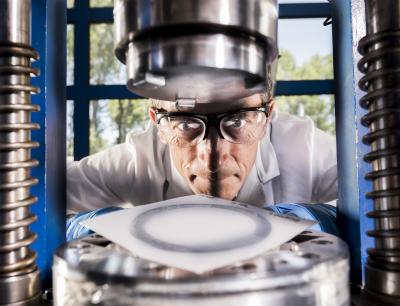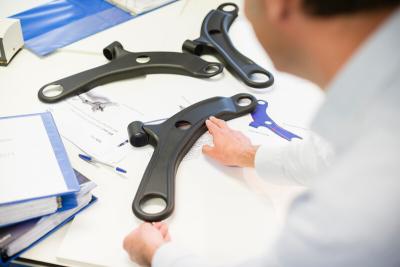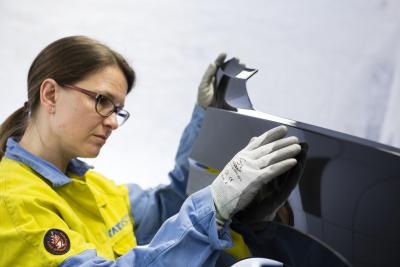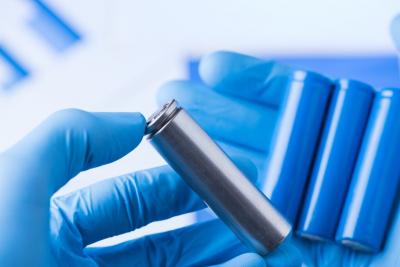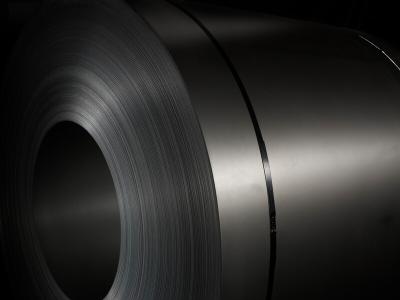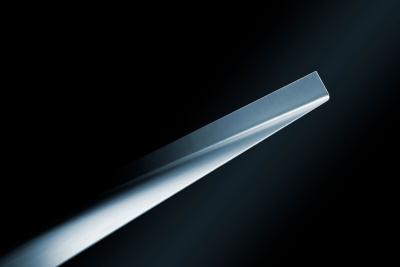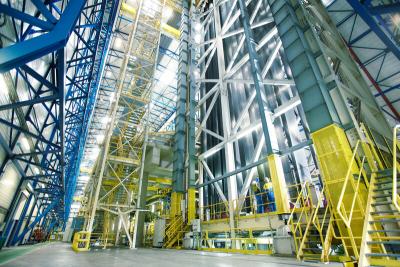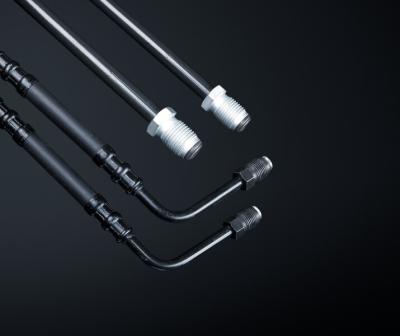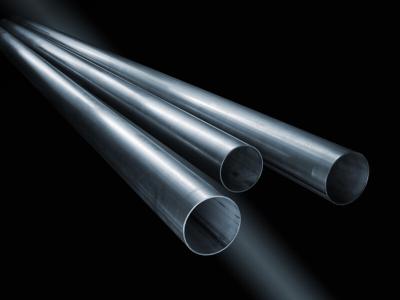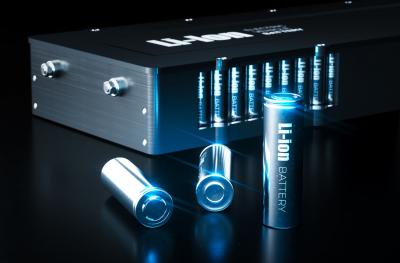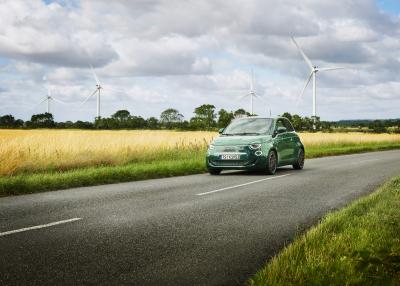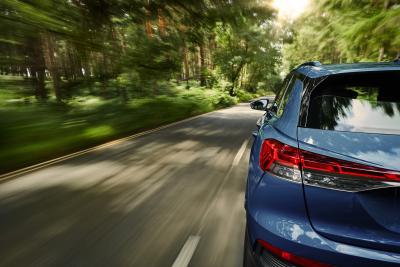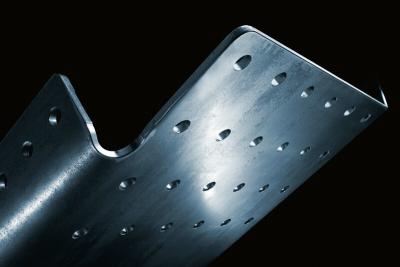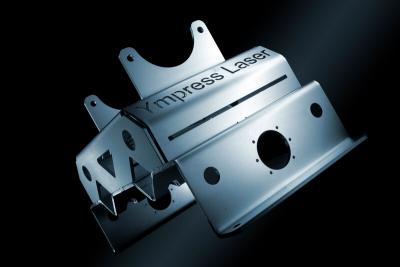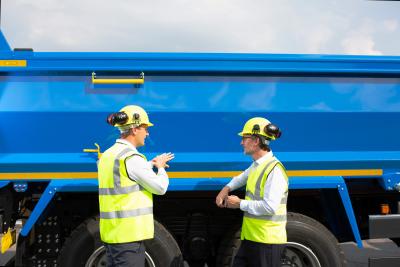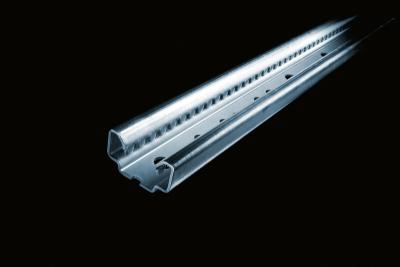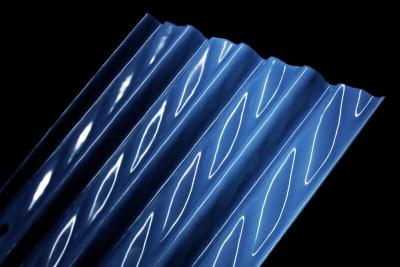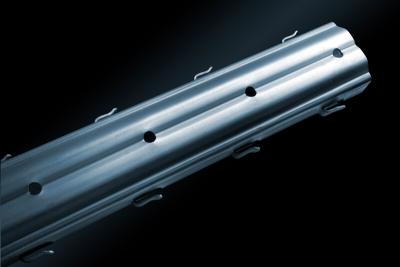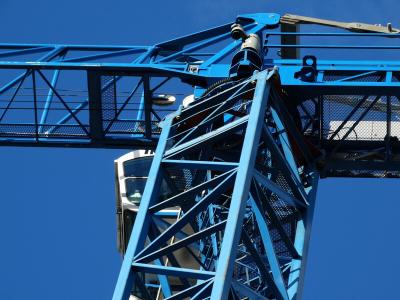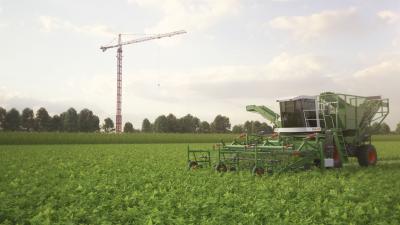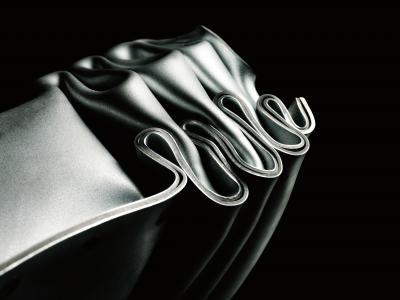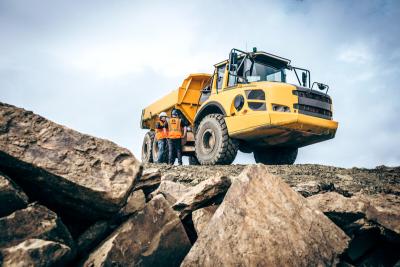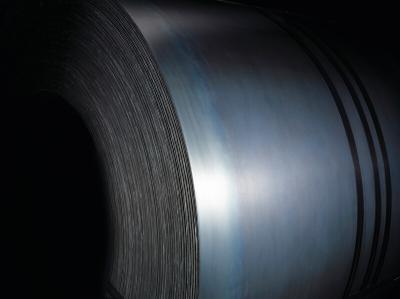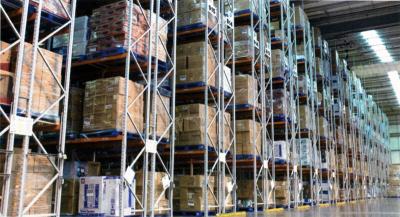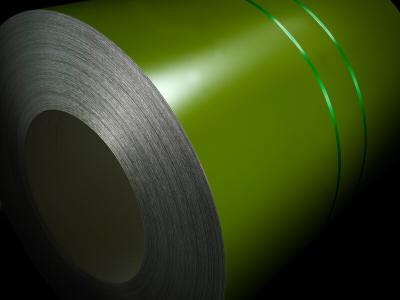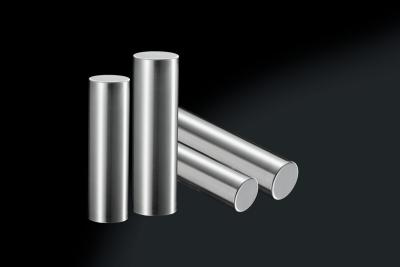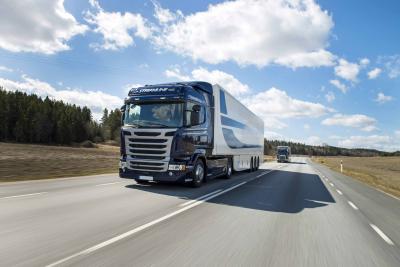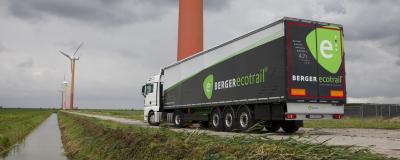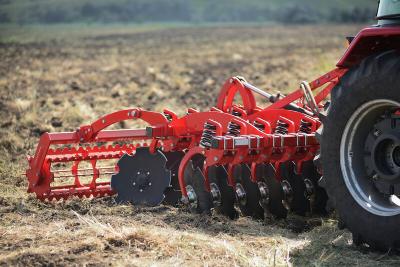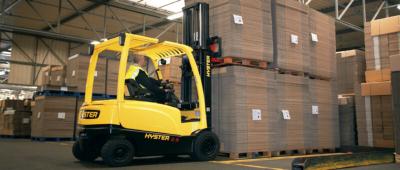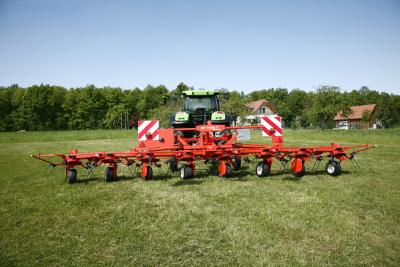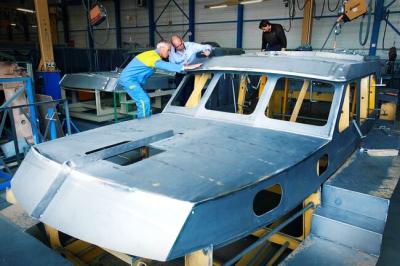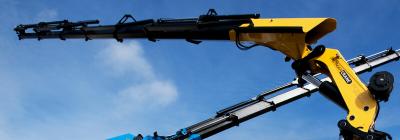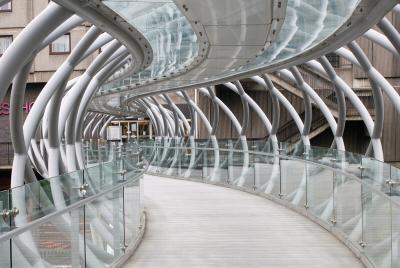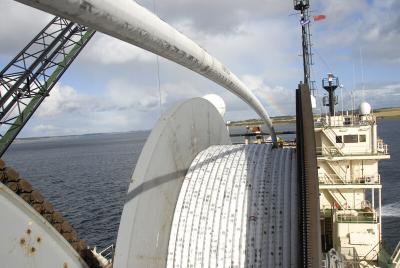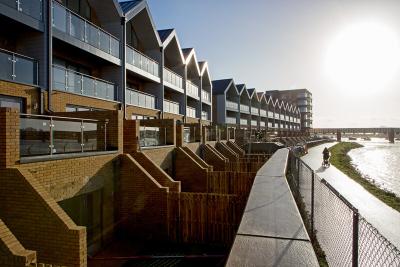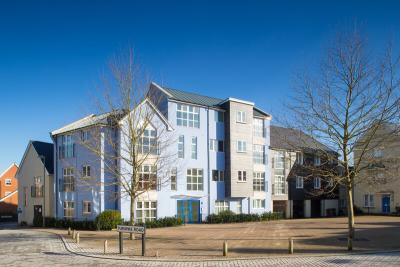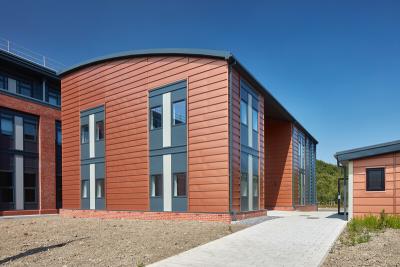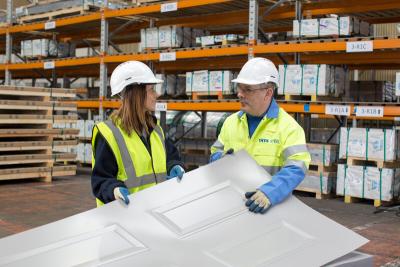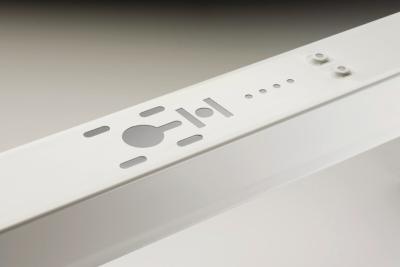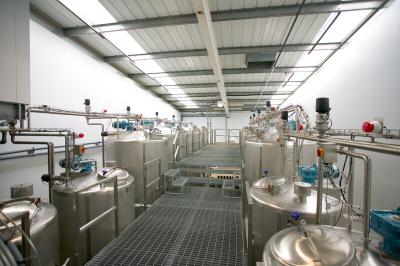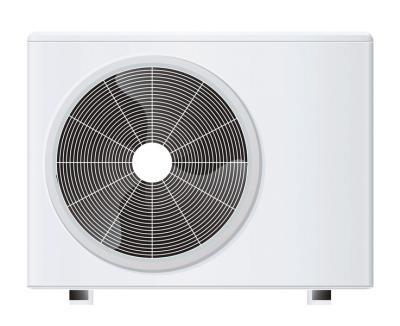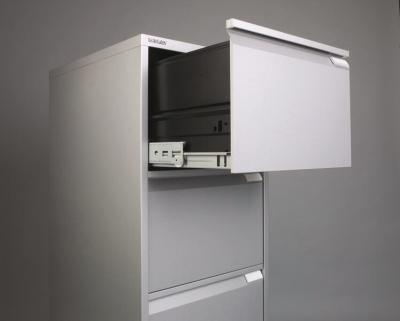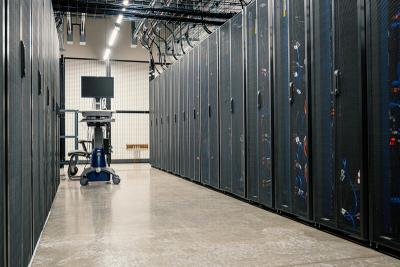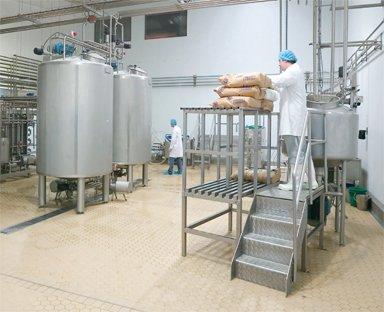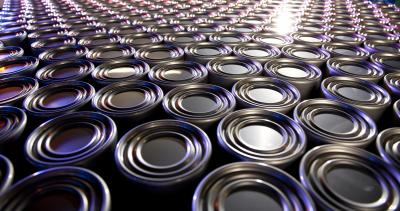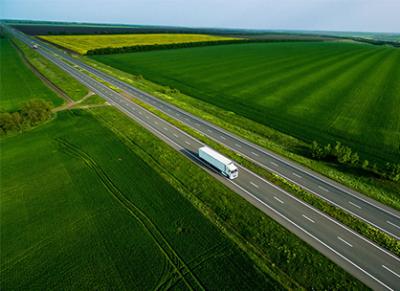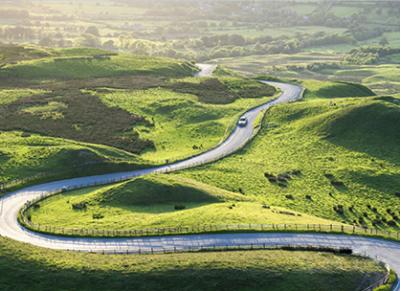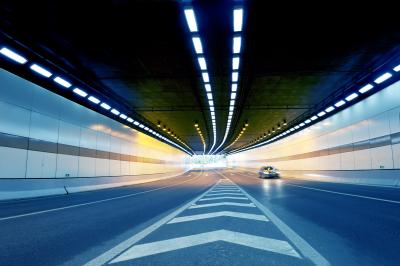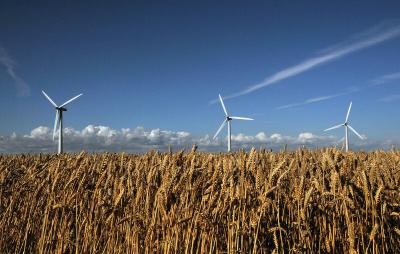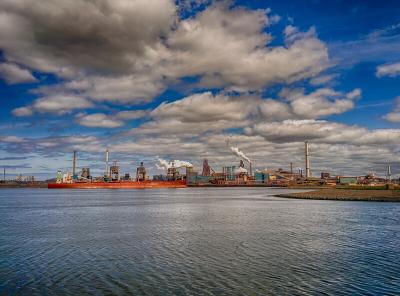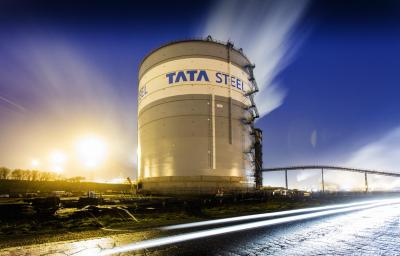Collaboration is a powerful tool for industry, academia and Research & Technology Organisations (RTOs) to accelerate product and process development, and share and reduce risk. Government programmes recognise this and encourage large and small companies to collaborate through their funding calls.
This is even more critical in areas of emerging technology such as the electrification of transport, energy and industry in order to harness the value of collaborative partnerships, grow capacity and capability, and deliver industrial impact for the UK economy.
Driving the Electric Revolution Industrialisation Centres (DER-IC)'s industrial partners Advanced Electric Machines (AEM) and Tata Steel are using collaboration to improve the production and efficiency of electric vehicle (EV) components, including motors and batteries, in response to global automotive market demand.
The UK aims to meet the target of all cars being zero emissions at the tailpipe by 2035, and no sales of new petrol and diesel cars and vans from 2030. With over 30 million electric traction motors needed per annum by 2030 to match the global automotive market demand, there is a need to accelerate the development of the manufacturing and production techniques used in electric vehicles of all kinds.
Both AEM and Tata Steel are taking advantage of the DER-IC network of world-class, advanced power electronics, machines and drives (PEMD) design, manufacturing, and testing facilities to help them play their parts in reaching these ambitions.
The DER-IC funded "Coil to Core: Supply Chain for Net Zero CO2" (COCO) project*, is part of the £80M Driving the Electric Revolution Challenge from UK Research and Innovation (UKRI). It brings together a network of open access facilities to develop a UK PEMD supply chain and will combine cost effective material supply and cold rolling of a new high strength non-magnetic steel with mass production process innovations that can deliver patented lamination designs.
Unique facilities at DER-IC North East are being used to support the collaboration between AEM and Tata Steel through development of manufacturing, assembly and coating processes. Collaborating with DER-IC has allowed AEM to evolve manufacturing process routes and focus on assembly requirements to achieve and overcome the scale-up challenge that is faced with developing its new motors.
In the project, the innovative materials and process developments will be applied to the core of a unique AEM electric machine design that will be free of rare earth magnets and copper, and validated with prototype motor high-speed dynamometer testing. Thereafter the core technologies of the project can be applied to other transport, energy and industrial sectors, providing automotive economies of scale.
AEM and Tata Steel are collaborating to focus on four improvements that are key to the future success of EV:
Faster
Expertise from Tata Steel has enabled the production of thin-gauge non-grain-oriented strip steels for electric traction motors. This technology results in higher efficiency in the motor and reduced energy loss. These power-dense motors run smoother and faster, and are far more thermally efficient, in comparison to their permanent magnet-based counterparts. These motors avoid complex and expensive manufacturing methods meaning they are also far more accessible for the future of EV production.
Dr Yi Gao, Principal Engineer, Research & Development at Tata Steel UK commented:
“Developing a design and using advanced steels allows us to create lower loss stators and higher speed rotors so the e-motor performance has higher power and more efficient but is within a smaller overall size. By teaming up the use of Tata Steel materials with the work of AEM and support from DER-IC, we will be able to develop and produce a product that is driven by future needs in terms of usage, capacity and sustainability. In addition, a successful conclusion of the collaborative project COCO will place Tata Steel in the middle of a supply chain for manufacturing advanced and sustainable EV e-machines.”
Further
Government statistics and RAC black box data reveals that the average UK journey is approximately 10 miles – meaning that the majority of electric cars could handle everyday travel without being recharged during the journey. Energy, and therefore vehicle range, is often lost in motors through energy leakage in the forms of heat and drag. Ensuring that electric vehicles can achieve the same range and lifespan as a vehicle powered by a combustion engine (or better yet, achieve more) is vital for the future of electrification in the UK.
Through changing methods of control, AEM aims to create a motor which reduces the energy lost through the motor’s rotation. This will result in a far more energy efficient motor, and increased vehicle range.
Mike Woodcock, Chief Commercial Officer at AEM commented: “When we discuss the ideas of going further, our plan is to pack as much power and range into as small a package as possible. Our challenge is to develop something that will use every last electron to go as far as possible. Using methods such as non-permanent magnets for control means that we only draw power into the motor when it’s actually needed, therefore the batteries last longer.”
Lower cost
As the future of transportation moves towards electric, one of the biggest challenges for the EV industry is the cost of production. To combat this, AEM has looked at the cost of materials that would typically be used to build a motor. The two most expensive are the copper used to make the motor windings, and rare earth magnets, so more cost-efficient alternatives have been introduced which work in the same way without relying on such costly materials. Another priority was simplifying production through avoiding complex, and therefore expensive, manufacturing methods.
Mike continued: “We needed a product that works and a cost-effective method of production, but we've gone one stage further. We are looking at how we can optimise the overall system. It's not just about the motor itself, it's the way that the motor interacts with the power electronics, with the battery and with the other ancillary systems like the cooling and so on. In essence, our aim isn’t just that consumers will pay less for the manufacture of the motor. It’s that the cost will be less for the overall architecture of the vehicle platform by using our motor.”
Greener
The aim is to develop a product that can reuse and recycle as much as possible, avoiding using rare earth metals and processes which release high levels of CO2 into the atmosphere.
DER-IC Chair, Professor Matt Boyle OBE, said: “We are undoubtedly entering into the age of electrification. When we discuss EV and the future of transportation we go far beyond electric cars. We are discussing aerospace, off-highway, micromobility and many other forms of transport. Although we are already making strides in terms of research and development of electrification across the UK, it is through these collaborative ventures that we can develop sustainable solutions to provide a realistic future for EV.
“Thinking not only about the production and use of the product but also its end of life is also vital for the future of electrification and EVs. Focusing on using materials that can be recycled to reduce waste has been another key factor in the collaboration between Tata Steel, AEM and DER-IC.”
Industries are, undoubtedly, seeing the value that collaboration can offer. Through sharing knowledge, technologies and skills, progress can be far more efficient – and, in this case, a very real opportunity created for EV to thrive. To generate significant change in a timely manner, it is crucial that industry experts are leading the way in collaboration, through sharing knowledge and facilities.
For more information on Driving the Electric Revolution Industrialisation Centres and the open access facilities available visit www.der-ic.org.uk.
* The “COCO” project consists of six partners:
- Advanced Electric Machines Limited
- Centre For Process Innovation Limited
- Coventry University
- Newcastle University
- Tata Steel Nederland Technology B.V.
- Tata Steel UK Limited
ends
For further information: Kayleigh Keys and Thomas Pearson at O.agency
E: kayleigh@o.agency / thomas@o.agency T: 0191 232 5690
About Tata Steel UK
- The Tata Steel Group has been named one of the most ethical companies in the world, and is among the top producing global steel companies with an annual crude steel capacity of 34 million tonnes.
- Tata Steel in the UK has the ambition to produce net-zero steel by 2050 at the latest, and to have reduced 30% of its CO2 emissions by 2030.
- Tata Steel is the largest steelmaker in the UK with primary steelmaking at Port Talbot in South Wales supporting manufacturing and distribution operations at sites across Wales, England and Northern Ireland as well as Norway, Sweden, France and Germany. It also benefits from a network of international sales offices around the world.
- Tata Steel employs more than 8,000 people and has an annual crude steel capacity of 5 million tonnes, supplying high-quality steel products to demanding markets, including construction and infrastructure, automotive, packaging and engineering.
- Tata Steel Group is one of the world's most geographically-diversified steel producers, with operations and a commercial presence across the world.
- The Group recorded a consolidated turnover of US $32.83 Bn in the financial year ending March 31, 2022.
Follow us
NOTES:
About Driving the Electric Revolution challenge
Reaching net zero by 2050 will not be possible without the supply of power electronics, machines and drives (PEMD) on a large scale. The Driving the Electric Revolution challenge at UK Research and Innovation is investing £80 million to:
• leverage the UK’s world leading research capability in PEMD to help industry create the supply chains necessary to manufacture the PEMD products developed here.
• Identify gaps in the supply chains and help industry fill them.
• Ensure cooperation and collaboration so we don’t duplicate effort, waste time and can reuse solutions across all sectors.
• Help fill the skills gap by retraining, upskilling and repurposing engineers from traditional internal combustion businesses into PEMD supply chains.
Its investments are helping business and researchers fill gaps in electrification supply chains and develop greener technologies. The challenge has invested in over 40 innovative projects from wind turbine generators to electric propulsion for boats and from electric hub motors for farm vehicles to nuclear coolant system components.
About DER-IC
DER-IC (Driving the Electric Revolution Industrial Centres) is building a globally recognised, sustainable UK-wide network with the relevant skills and capabilities to deliver the PEMD (power electronics, machines, and drives) necessary for a net zero future in all relevant applications. The network of DER-IC is instrumental in the UK’s progress towards its 2050 net zero target and a world leading response to the realisation of the industrial technology (IDT) revolution.
DER-IC is funded by UK Research and Innovation and was set up in 2020 as part of the Driving the Electric Revolution challenge.
DER-IC provides open access facilities to over £300 million worth of state-of-the-art equipment, bringing together the UK’s technology and manufacturing expertise in electrification research and development.
- DER-IC is creating cost-effective, UK-based technologies and solutions, with export market opportunities, to help address and support climate change
- DER-IC is educating about the art of what’s possible for governments, industry, academia, and schools
- DER-IC is an industry led project which has so far engaged with 400 industrial organisations, as well as having 30+ academic institutions and RTO’s in its network
There are four DER Industrialisation Centre regions established:
- North East
- Midlands
- South West and Wales
- Scotland
There are ten key industry sectors that DER-IC is working across:
- Aerospace
- Automotive
- Energy
- Industry
- Marine
- Micromobility
- Rail
- Robotics
- Truck and bus
- Off highway
Contact us to find out how we can support your electrification journey: info@der-ic.org.uk
Visit our website to find out more: www.der-ic.org.uk



